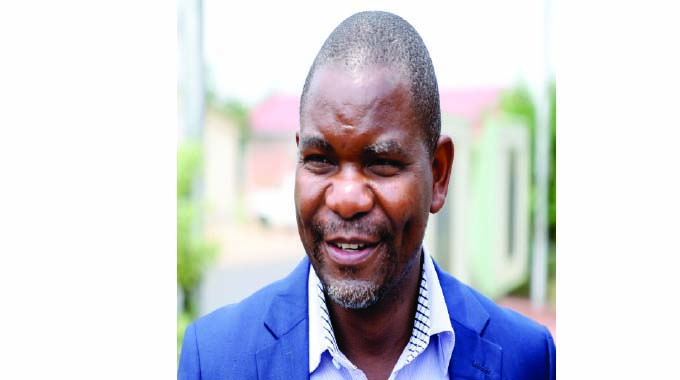COMMENT: The threat of Covid-19 infection still persists — get vaccinated

WE are moving out of winter, one of the coldest we have experienced in recent memory.
This is our third since the outbreak of Covid-19 in early 2020.

covid-19
The season traditionally brings colds and flus.
With Covid-19 being a severe cold, severe flu, infections rose to their highest over the two past winters.
On June 29, 2021, for example, the country recorded 1 249 cases and 12 deaths.
On July 1, 2021, there were 1 357 infections and 19 deaths while on August 1 the same year, there were 686 infections and 51 deaths.
At the onset of winter this year, there were 185 new cases and one death. On July 31, the country recorded four new cases and no fatality.
The low number of new cases and fatalities were the trend this winter, as was the case in southern Africa.
Indeed, our fears that this winter would bring a higher caseload and fatalities did not come to pass.
We are exceedingly happy about that, winter passing largely without incident, so to speak.
We went through winter while not under lockdown.
Sport has resumed, people are socialising so life has, by and large, normalised yet a country of 15 million recorded just four new cases of Covid-19 on a winter day.
We are tempted to think that our country, like its neighbours and the world at large, has passed the worst of this frightening pandemic.
A pandemic which robbed us of our individual and collective freedoms.
A pandemic which, for prolonged periods, imprisoned us in our homes thanks to what we now know as lockdowns.
A pandemic which sickened and killed millions in three short years.
Now we have regained our freedom to, if we need to, sneeze, cough, and blow our noses without the fear of attracting sneers and being asked, from a distance, if we had not sneaked out of isolation.
That we have regained those freedoms is because of the success of vaccination against Covid-19.
Were it not for that, the disease would have had a far worse toll on people’s health, freedoms and wellbeing.

Ministry of Health and Child Care
The Ministry of Health and Child Care reported that by Sunday, 6,3 million people had received their first dose of the Covid-19 vaccine, 4,7million had had their second and 941 000 had received their third since the country launched the vaccination campaign on February 18 last year.
The first few months saw thousands turning up daily for the jabs, with some centres running short of doses.
Considering its bright takeoff, we were confident that the Government’s target to have fully vaccinated about 10 million people by December last year was going to be achieved.
That has not happened, seven months into the new year.
We want to advise those of our people who have not been immunised against the infection not to get too comfortable with the decline in new cases and fatalities.

There remains a good amount of uncertainty over this disease.
Experts still don’t know if it is going to resurge, and with what virulence.
For us to be able to fight off whatever might attack, it is advisable for as many of us as possible to get the vaccine.
Bulawayo provincial medical director Dr Maphios Siamuchembu is unhappy that the number of people getting vaccinated in the city has stagnated for a long time.
This is reflective of the national average as on Sunday, only 144 people received their first dose, 773 got their second and 904 got their third.
We cited him yesterday appealing to the people to get the protection against Covid-19, highlighting that the country still has not attained herd immunity.
We echo his message.
Our people must be cognisant of the continuing threat that the infection poses and of the need for them to get the necessary protection.
Since the threat of infection and getting sick due to the viral infection persists, the face mask remains important when one is out in public spaces.
It is always better to be safe than sorry.











Comments